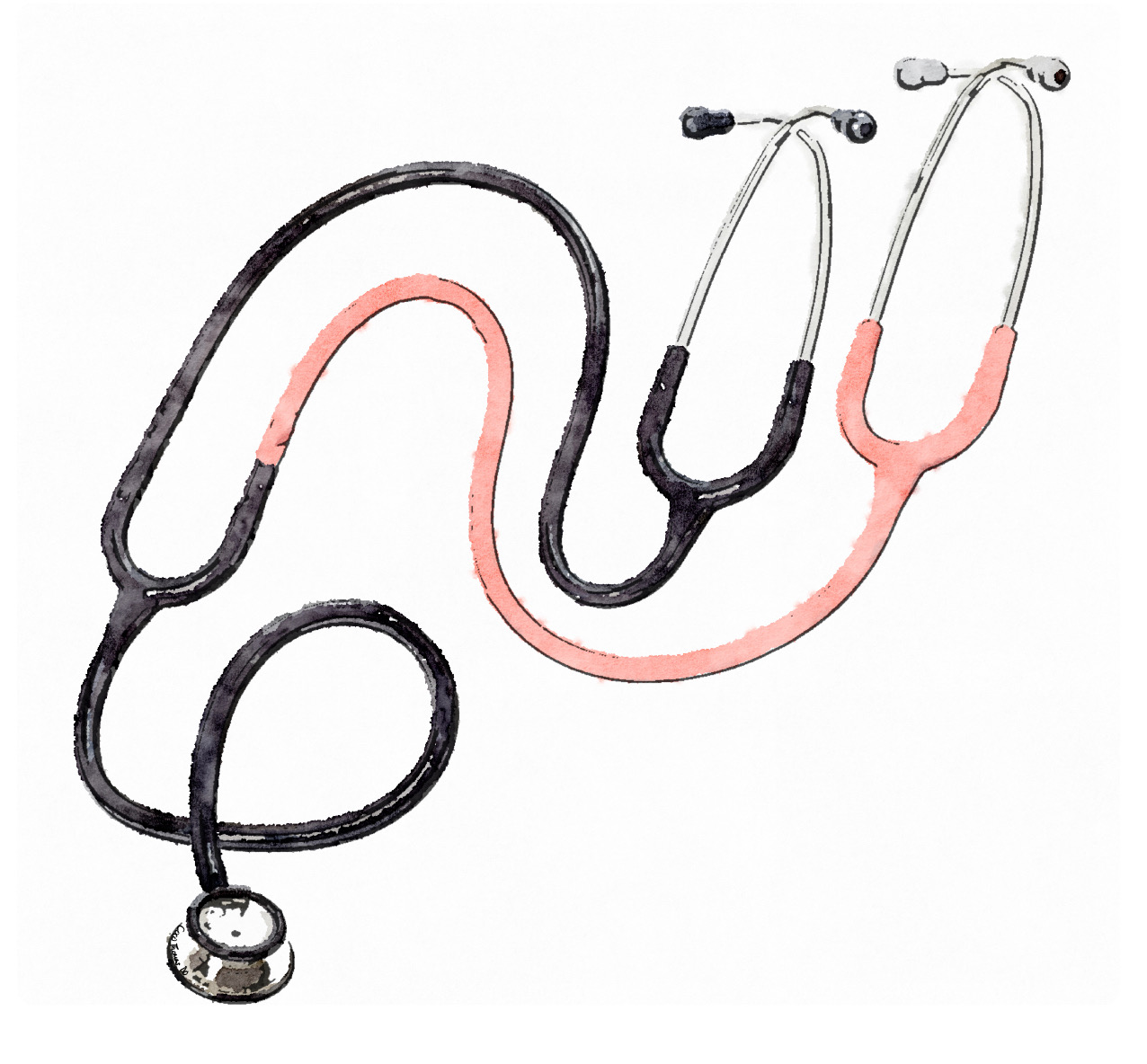I knew the admissions committee members would eventually ask me that looming inquiry: “What are your weaknesses?”
When I was preparing for arguably the worst medical school interview question, I wanted to be sincere. If you frequent online forums, you will see endless articles advising on how to address this question. Some suggest twisting a strength into a weakness, such as being a “perfectionist.” Others suggest picking something benign, such as being addicted to knitting.
I believe these inadequate approaches circumvent the answer the interviewer is actually trying to provoke: are you self-aware enough to know your faults?
Every one of us is imperfect, fallible, and vulnerable to making mistakes. Being a strong physician requires self-reflection and awareness, and interviewers want to know if you are willing to be honest with yourself and others. I can’t tell you how to answer this question, but I can tell you how I did.
I’m too sensitive. Criticism is rarely personal, but it’s hard for me to separate my performance as a professional from my identity as a person. While working as a nurse, I found myself at the receiving end of critiques from patients and providers alike. My challenge was separating constructive critiques from personal disapproval. During my medical school interviews, I explained this personality trait to admissions professionals. My response was a good balance of self-assessment, honesty, and true vulnerability.
How do I cope with this weakness in the real world? Some of the advice I’ve received includes “don’t take it personally” and “just ignore them.” I always joke that my skin is like tissue paper, and after four years as a nurse it hasn’t gotten much thicker. Focusing on our goals of care with both patients and colleagues can help keep conversations professional and productive.
My essential goals of care remain the same: advocating for my patients while providing efficient, compassionate and high-quality care. Staying focused on my core values empowers me to use criticism to improve. Explaining the ways in which I handle my weakness to my interviewers helped demonstrate my ability to adapt and grow in uncomfortable situations. This is what makes your weaknesses into strengths — not twisting positive personality attributes into artificially negative traits.
As the new generation of physicians works to make medical education a safe space to learn, I hope to contribute to a positive educational atmosphere. And improving medical education will require each of us to do an honest assessment of our own flaws. Our weaknesses necessitate self-reflection and action; this action reflects strength. How we develop throughout our careers tells a story of growth; now it’s your job to describe that journey to your interviewer.
Although I am personally working on being less sensitive, I always hear my coworker’s voice in the back of my head saying, “Don’t lose your Coco-ness.” My sensitivity is a strength that contributes to my empathetic attitude towards my patients. So, remember not to lose your “_____-ness” on your journey to becoming a physician — because it makes you who you are.
Image credit: Custom drawing by Megan Pattoli for this column.
After working in the emergency room as a registered nurse for three years, Coco made the transition into medical school at Philadelphia College of Osteopathic Medicine. The column Switching Stethoscopes describes a medical student’s journey from nurse to doctor, while reflecting on the “non-traditional” path some students take to become a physician.


